Discover the benefits of polypropylene HPLC vials: chemical resistance, durability, and cost-effectiveness. Learn why these vials are ideal for chromatography analysis.
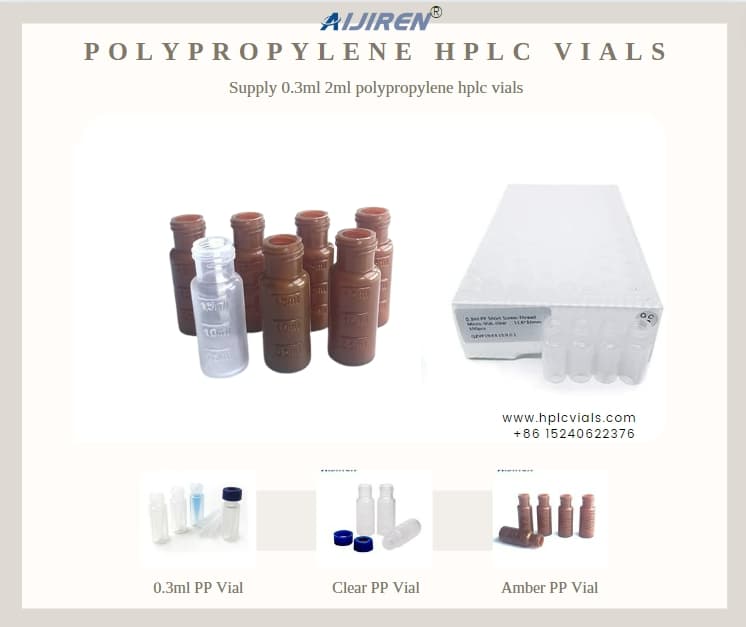
Discover the benefits of polypropylene HPLC vials: chemical resistance, durability, and cost-effectiveness. Learn why these vials are ideal for chromatography analysis.
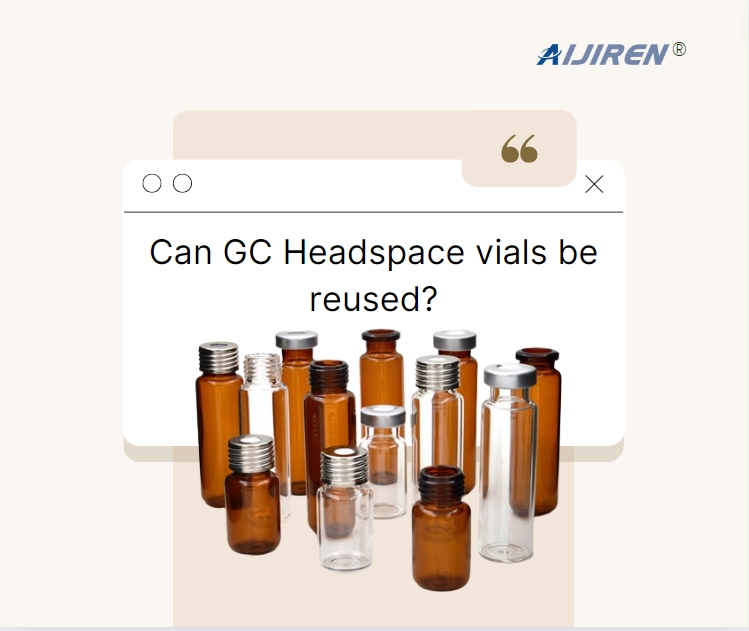
Discover if GC Headspace vials can be reused for cost savings. Our guide explores the reusability, cleaning methods, and best practices for safely reusing headspace vials in gas chromatography analysis. Get tips to maximize vial lifespan.
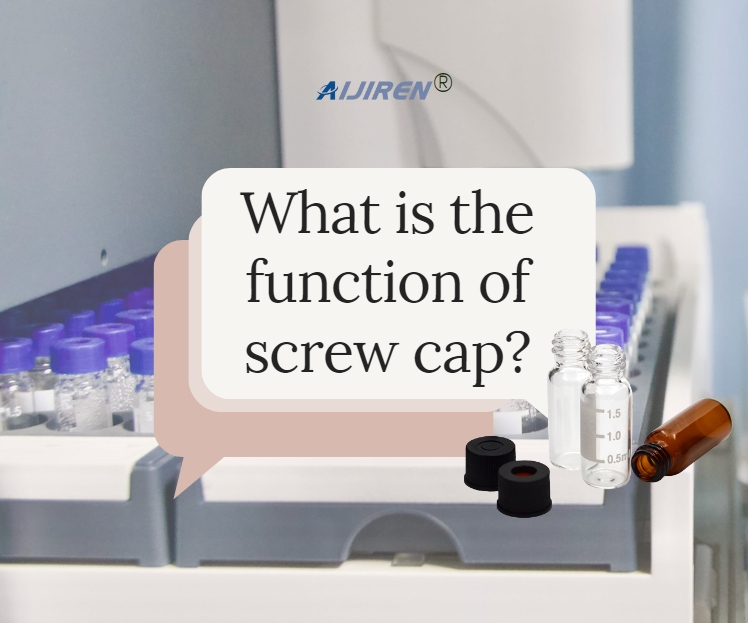
Screw caps: Safeguarding your products from start to finish. Understand how these caps ensure seal integrity, prevent leaks, and provide superior packaging solutions.
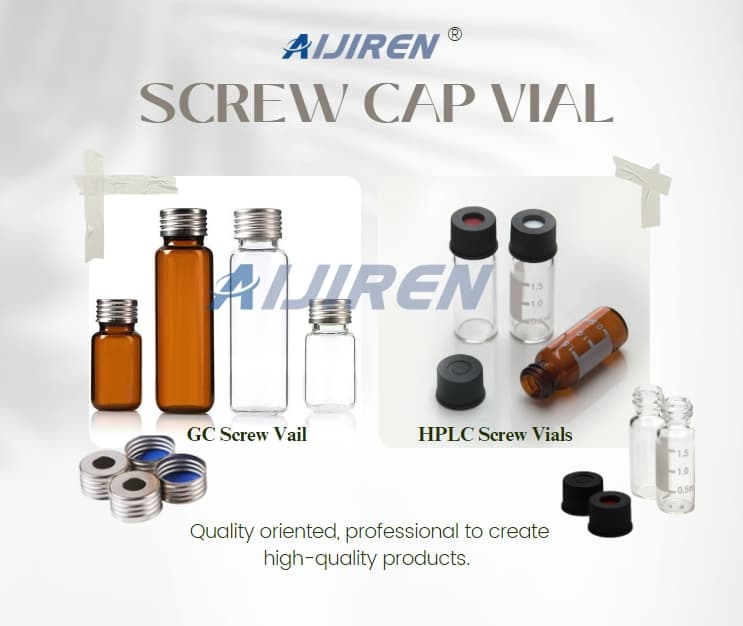
Screw cap vials must meet strict regulatory standards for your GMP/GLP workflows. Verify cleanliness, sterility, and traceability to select the right vials and ensure data integrity.
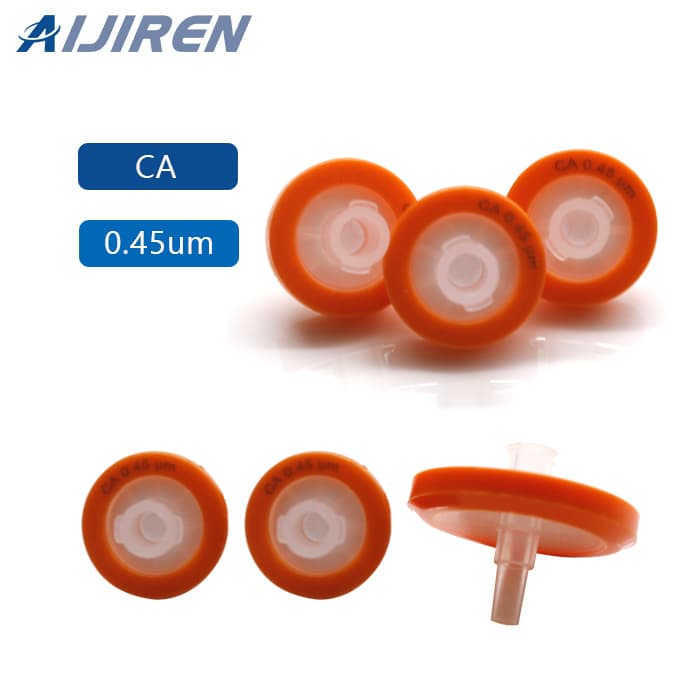
Cellulose acetate syringe filters: Ideal for aqueous filtration. Uncover their unique properties, diverse applications in sample prep, cell culture, HPLC, and more. Get insights on benefits, limitations, and best practices.
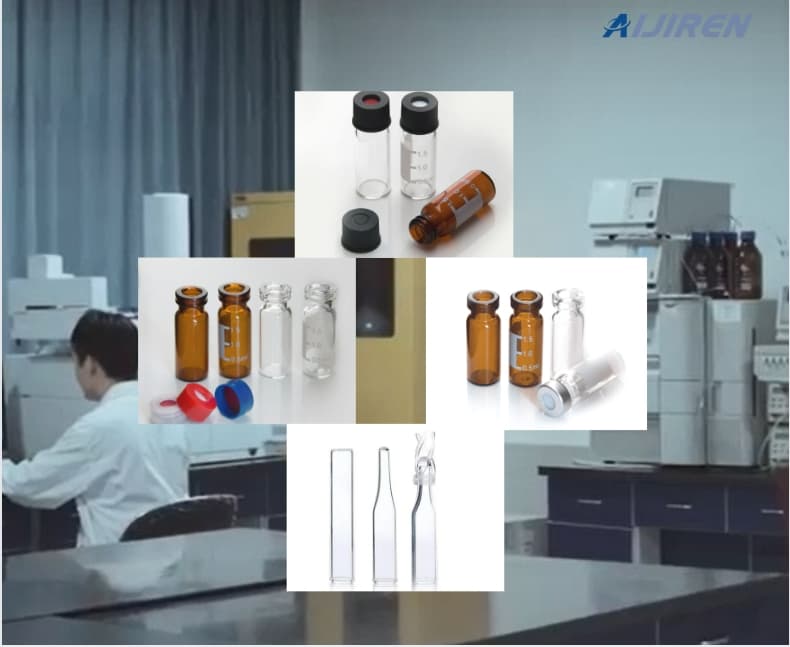
Discover the different HPLC test vial options and their key features. Learn how to choose the right vial to ensure accurate, reliable chromatographic analysis.
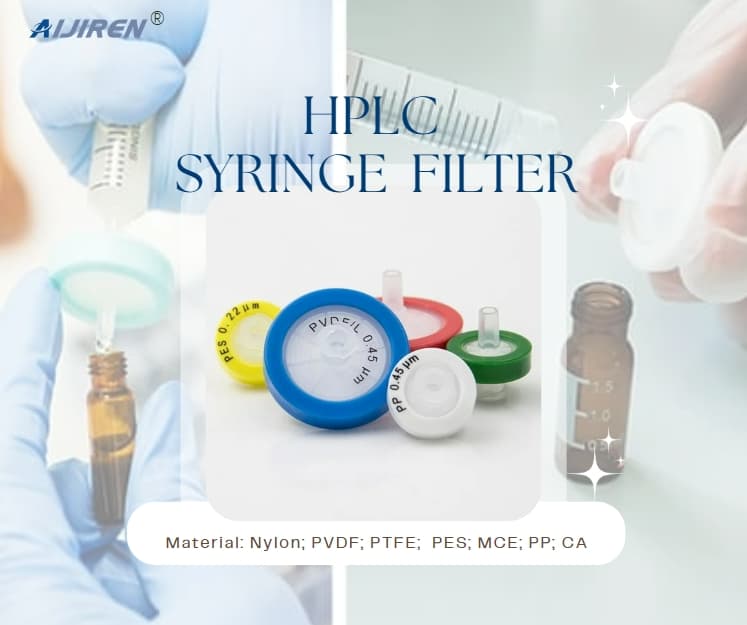
Maximize your HPLC workflow by using the right filters! This guide covers everything you need to know about choosing filters for HPLC – including filter materials, pore sizes, and when to use certain filters in the separation process.
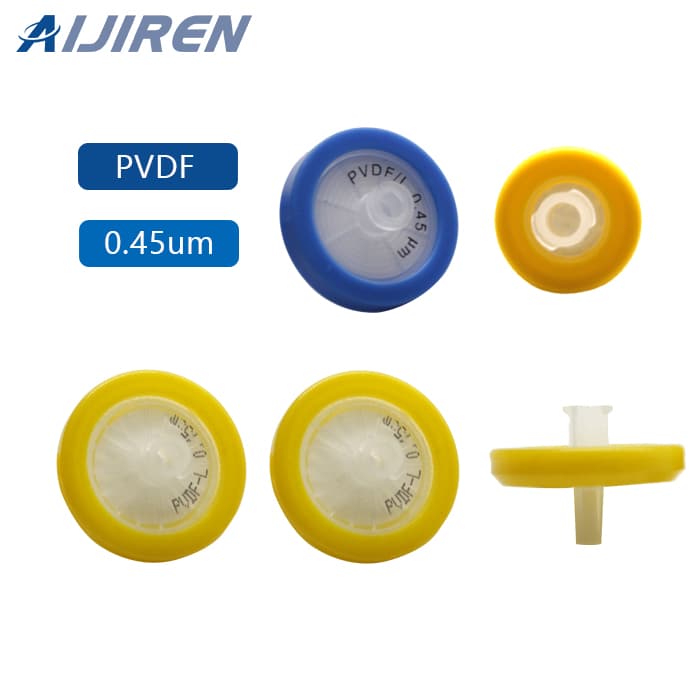
PVDF syringe filters have become indispensable in HPLC sample prep. Their exceptional chemical resistance, low protein binding, and pH compatibility make them a reliable choice for diverse analytical apps.
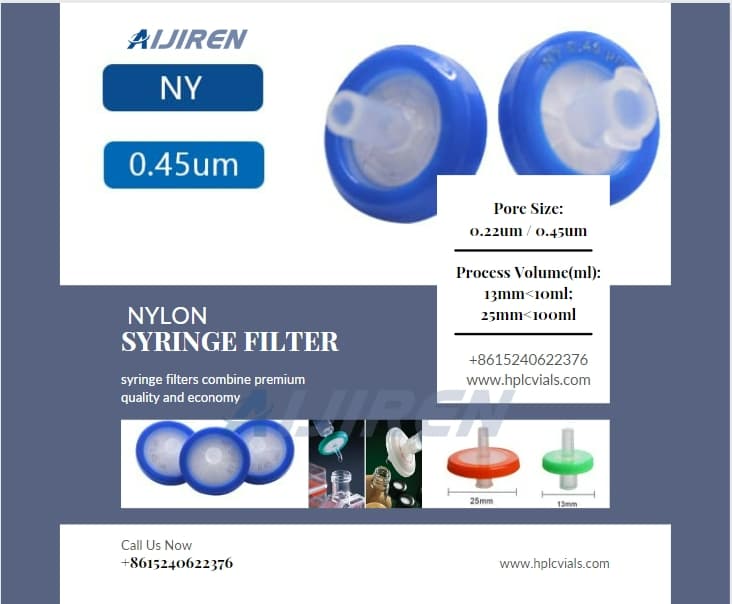
Maximize your lab’s efficiency with nylon syringe filters. This comprehensive guide covers their advantages, applications (HPLC, GC, dissolution), selection criteria, best practices, and role in ensuring accurate, reliable analytical results.
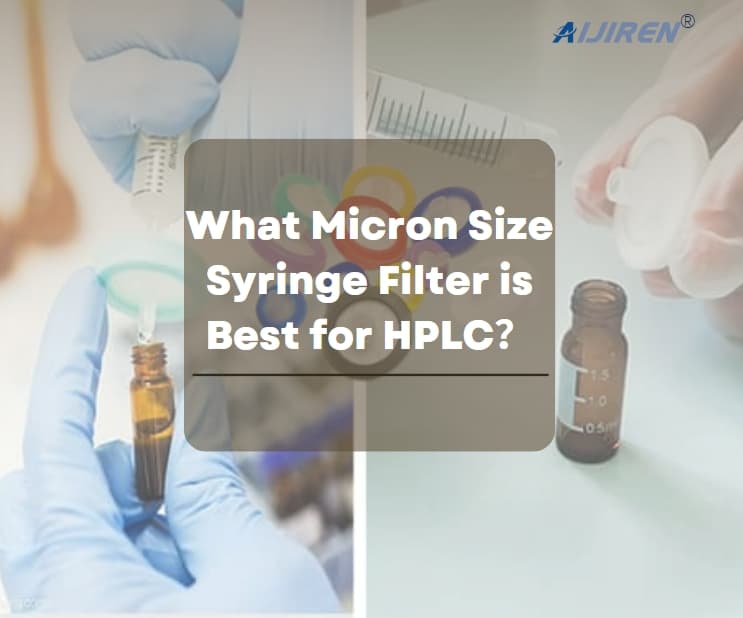
Choosing the right micron size for HPLC syringe filters is crucial. Explore practical considerations like filter material, volume capacity, and compatibility to optimize your sample prep.